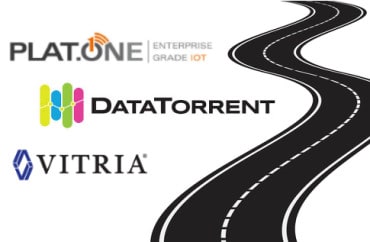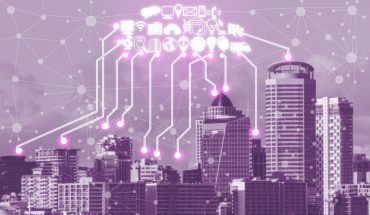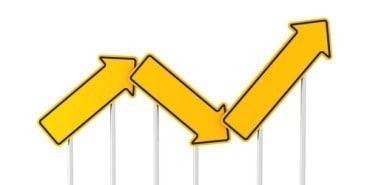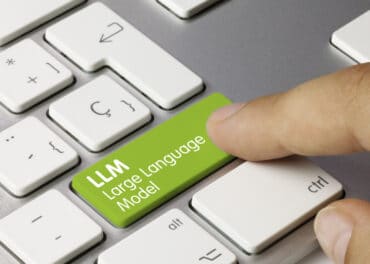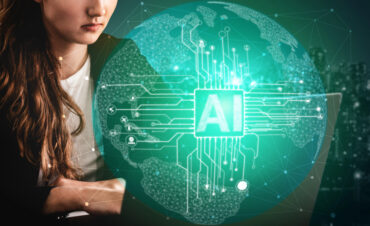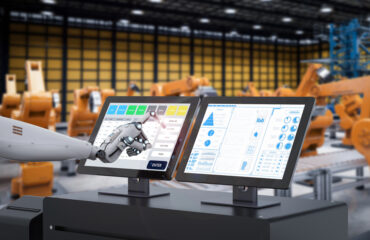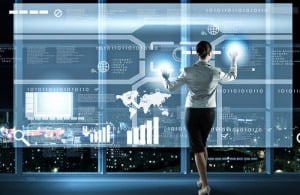
The Internet of Things offers new business models beyond merely vertical use cases.
The industrial Internet of Things isn’t just a high-tech way of tracking tools and engine wear-and-tear. It potentially serves as a new avenue of growth and expansion, heralding a new phase to the informational industrial revolution.
Accenture has been doing quite a bit of work to understand the potential of the industrial IoT in this regard, and recently released a new report that outlines how the industrial IoT will help to usher in a new era of transformation for companies and countries.
How will this happen? The report’s authors, Paul Daugherty, Prith Banerjee, Walid Negm and Allan E. Alter, all with Accenture, identified the three ways industrial IoT will drive growth:
- Boost revenues by increasing production and creating new hybrid business models.
- Exploit intelligent technologies to fuel innovation.
- Transform their workforces.
Here’s how these increased capabilities will come about:
Hybrid business models and IoT services
Every business is becoming a digital business, which means industrial companies are increasingly becoming customer service companies, the Accenture authors observe. Industrial IoT means manufacturers, for example, will stay connected to a product well after the final sale is made. This means establishing IoT services can extend business models.
“Asset owners and operators will look to digital services to help them increase their production and efficiency,” the Accenture team notes. “They will also invest in their own novel solutions to improve the performance of existing assets and processes as well as collaboration across the supply chain—whether the business is chemicals, mining, energy or agriculture.”
Intelligent technologies
These intelligent technologies leverage big data to deliver new capabilities. The three leading technologies that will make this happen within an industrial IoT context include sensor-driven computing, industrial analytics and intelligent machine applications. By deploying these capabilities, the Accenture report continues, “companies can weave together previously unavailable, or inaccessible, enterprise and machine-generated data to create new monetization opportunities.”
Daugherty and his co-authors also point out that while technology is disjointed today, the current “patchwork of separately evolved, vendor-specific and proprietary infrastructure will be replaced, over time, with interoperable platforms. This patchwork creates a hurdle today, so it will be necessary to modernize and bring together both operational and information technology in support of a new generation of intelligent equipment in the future.”
Workforce transformation
While there has been rampant speculation that automation and artificial intelligence, in all its various forms, will replace many manufacturing or industrial jobs, the Accenture authors suggest that industrial IoT is creating a need for a different type of workforce with new skills. Industrial IoT “will open up new workforce needs as it creates redundancy in others,” they state. “Yes, it will computerize certain tasks and workflow, in particular, repetitive jobs that have so far resisted automation.”
However, companies will especially need to look for skills in data science, software development, hardware engineering, testing, operations, marketing and sales. Plus, as noted above, with manufacturers transforming into digital service companies, there will be demand for talent to handle these new services.
“Offering product-service hybrids will require a workforce to create, support and sell them. Such employees will include product managers, software developers to create and test new information services, hardware designers to develop the products, data scientists to create and interpret analytics, and user interface and experience designers,” the authors state.
In short, industrial IoT is creating an entire new class of enterprises – and the necessary skills needed to run them.


